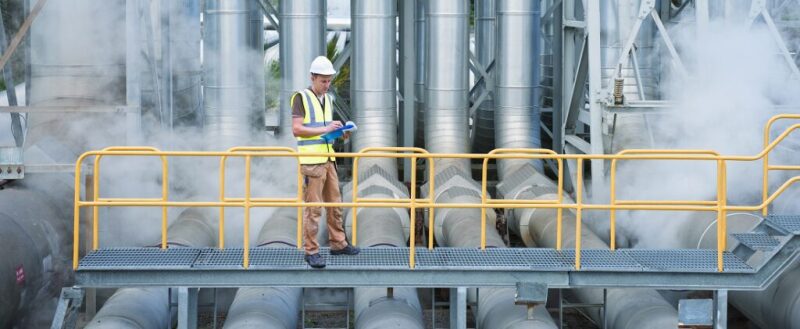In the oil and gas industry, the critical role that human and organizational factors play in both the safety and the efficiency of its operations is well recognized. This paper addresses the role of a strategic theme of “what lies beneath” adopted to reflect a service company’s recognition of the importance of understanding and managing the many factors that can lead to loss of human reliability in front-line operations.
A set of bowties, developed to identify the barriers that used to protect against loss of well control, were made available for an independent review. The review was conducted to identify and evaluate the reliance on human performance across a sample of these bowties. The review highlighted how service companies’ safety barriers are critically dependent on interaction and communication with all stakeholders and how proactive operator monitoring plays a critical role in assuring the safety of operations.
A subsequent study, drawing on knowledge from scientific research as well as experience from many incident investigations, identified how a wide-range of factors—personal, interpersonal, organizational, and technological—have the potential to degrade or defeat the ability of front-line operators to monitor proactively. Further, while a service company might not always have a direct control over the principal hardware barriers relied upon to prevent well-control incidents, its activities interact with, or otherwise can influence, the systems that control and maintain primary well-control barriers. This paper will discuss the importance of proactive operator monitoring as a safety barrier, explore some of the mechanisms by which monitoring can be defeated or degraded, and consider the kind of safeguards that might need to be put in place to prevent such degradation.
The paper also emphasizes the need for an understanding between a service company and its clients of both the nature and characteristics of the safety barriers and the critical importance of communications between the two parties for barriers to be able to function effectively and reliably.
Find paper SPE 190690 on the HSE Technical Discipline Page free for a limited time.

